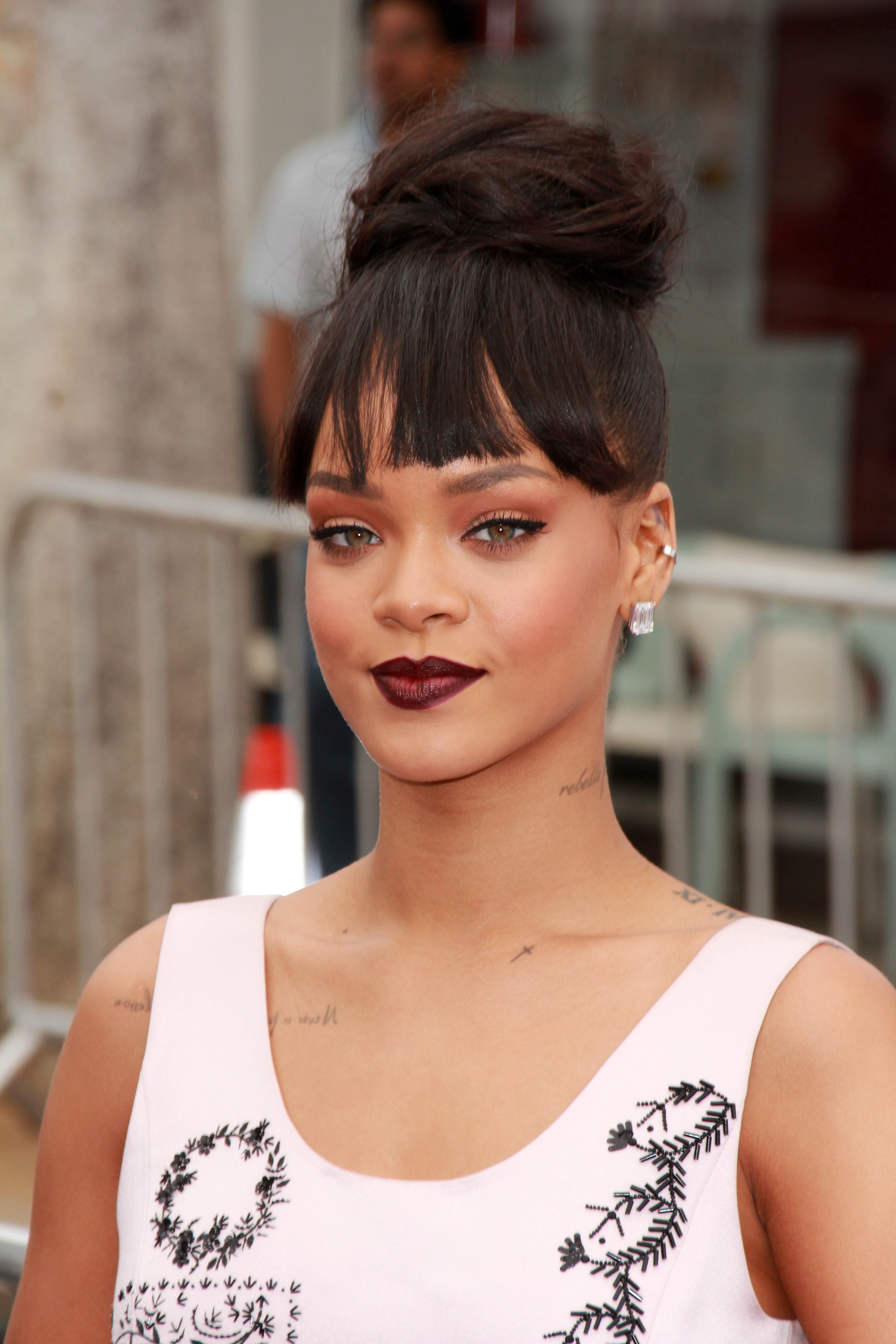Rihanna’s Fenty brand scrapped plans to release a highlighter because of social media backlash. The shade of highlighter was called “Geisha Chic,” a reference to the Japanese geisha tradition. Geishas were women that worked as entertainers and paid companions for centuries. Many social media users complained that there is an oppressive history tied to geisha culture.
Fenty was launched in 2017, in part, to be an inclusive line of cosmetics that would cater to all people. The beauty industry has historically been exclusive, especially to Black people and Fenty represented yet another step in the direction of progress and the rich tradition of Black women entrepreneurs. Rihanna developed Fenty Beauty with LVMH, a French conglomerate owned by Bernard Arnault, the richest man in Europe. Brands such as Louis Vuitton and Christian Dior are also in the LVMH family. LVMH produces Fenty’s products through a white label agreement.
This latest controversy is ironic — Black people are often the victims of cultural appropriation. Hair, fashion, clothing, music and even preaching styles are often targets. Rihanna, a Black woman, now finds herself on the other end of allegations of cultural appropriation and insensitivity. Fenty responded to Instagram users, “We hear you,” the message read. “We wanted to personally apologize. Thank you so much for educating us.” The product has been pulled back and will be renamed.
We believe in “Buy Black but sell to everyone.” This incident offers a lesson for Black entrepreneurs in that pursuit. As we call for others to have greater understanding of our history and oppression, we must make a similar effort, if we are to become universal sellers. And to sell universally should be the ultimate goal. Black people have been universal consumers for a long time, universal selling is our next stop.








